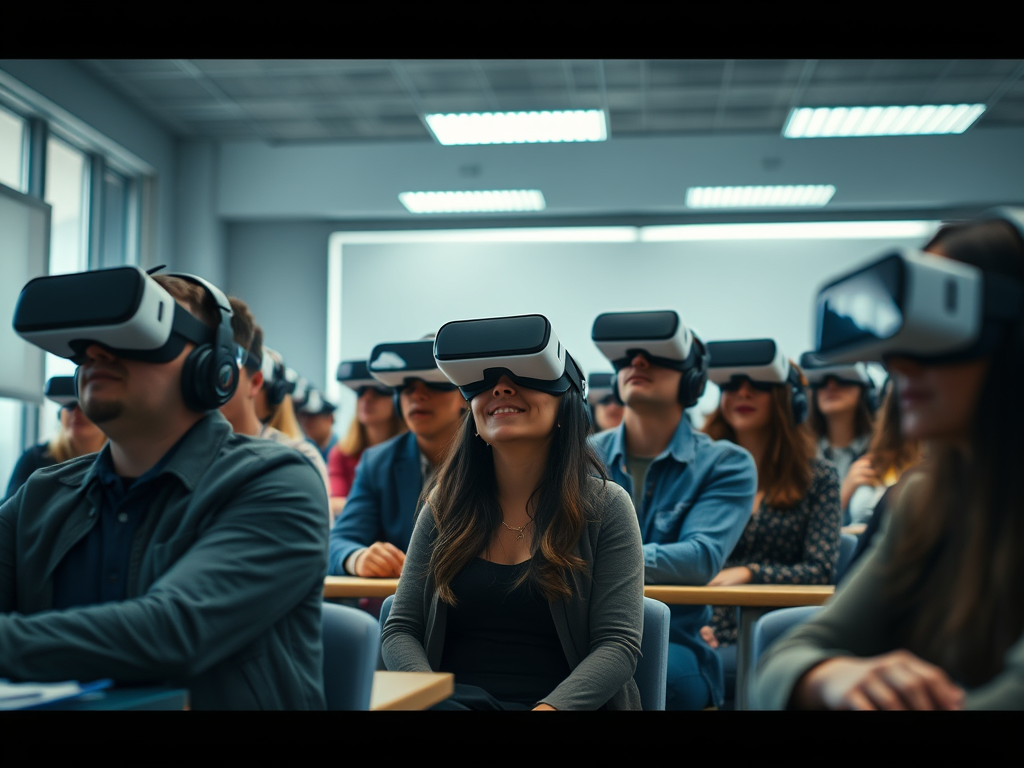This post may contains affiliate links which means I may receive a commission from purchases made through affiliate links.

In today’s digital age, virtual gaming has become more than just a pastime; it’s a cultural phenomenon that influences millions worldwide. Whether you’re a casual player swiping through puzzles on your phone or a dedicated gamer immersed in vast virtual worlds, the impact of gaming reaches far beyond entertainment. Let’s delve into how virtual gaming shapes our lives, society, and even our understanding of technology.
Entertainments and Escapism
At its core, gaming offers a form of entertainment that transcends passive consumption. Unlike watching TV or movies, gaming engages players actively, requiring decision-making, problem-solving, and strategic thinking. This active engagement provides a sense of agency and accomplishment, whether you’re leveling up in an RPG or mastering a complex puzzle.
Moreover, virtual gaming offers escapism—a chance to step into alternate realities and temporarily leave behind the stresses of daily life. For many, this escapism is therapeutic, providing a mental break and fostering relaxation. It’s not just about zoning out; it’s about engaging in activities that challenge and reward, promoting mental agility and emotional well-being.
Social Connectivity
Contrary to the stereotype of gamers as solitary individuals, virtual gaming often fosters social connectivity. Online multiplayer games allow players to collaborate, compete, and communicate with others globally. This social aspect can lead to the formation of friendships and communities that transcend geographical boundaries.
Platforms like Twitch and Discord further enhance social interaction, enabling gamers to livestream their gameplay, participate in discussions, and build personal brands. These communities become spaces for sharing strategies, discussing game lore, and even advocating for social causes—a testament to the social impact of virtual gaming beyond mere recreation.
Educational Benefits
Believe it or not, gaming also has educational benefits. Many games require problem-solving skills, resource management, and critical thinking—skills that are applicable beyond the virtual world. Educational games specifically designed for learning subjects like math, science, and history engage students in ways traditional methods often struggle to achieve.
Additionally, simulations and virtual environments in gaming provide hands-on learning experiences that are immersive and memorable. From medical simulations to historical reconstructions, these applications of gaming technology showcase its potential to revolutionize education and training across various fields.
Cultural Influence
Virtual gaming has significantly influenced popular culture, from iconic characters like Mario and Lara Croft to entire genres like first-person shooters and massively multiplayer online role-playing games (MMORPGs). Gaming conventions, cosplay events, and esports tournaments attract millions of enthusiasts worldwide, underscoring gaming’s status as a cultural force.
Furthermore, gaming’s influence extends into other forms of media, with movies, TV shows, and literature often drawing inspiration from or directly adapting gaming narratives. This cross-pollination reflects gaming’s pervasive influence on storytelling and visual aesthetics in contemporary culture.
Technological Advancements
Behind the scenes, virtual gaming drives technological advancements. The demand for more immersive experiences has spurred innovations in graphics, artificial intelligence, and virtual reality (VR). These technologies not only enhance gaming experiences but also find applications in fields such as healthcare (e.g., VR therapy), engineering (e.g., simulations), and architecture (e.g., virtual walkthroughs).
Moreover, gaming hardware and software development push the boundaries of computational power and efficiency, driving forward the evolution of consumer electronics and computing technology as a whole. The gaming industry’s appetite for innovation continues to drive progress in hardware design, software development methodologies, and user interface technologies.
Challenges and Considerations
However, virtual gaming is not without its challenges. Concerns about gaming addiction, particularly among young people, highlight the need for responsible gaming practices and parental guidance. Balancing screen time with physical activity and face-to-face social interactions remains crucial for maintaining overall well-being.
Furthermore, issues such as inclusivity, representation, and ethical considerations in game design continue to be important topics of discussion within the gaming community. Addressing these challenges ensures that gaming remains a positive and inclusive space for all players.
Conclusion
In conclusion, virtual gaming has evolved from a niche hobby into a global phenomenon that influences entertainment, technology, culture, and society at large. Its impact extends beyond mere recreation, fostering social connectivity, driving technological innovation, and even enhancing educational experiences. As we navigate the future of gaming, understanding its multifaceted influence allows us to appreciate its potential for positive change while addressing its challenges responsibly.
So, whether you’re a seasoned gamer, a curious observer, or someone intrigued by the intersection of technology and culture, virtual gaming’s impact is undeniable—and it continues to shape our world in profound ways.
This blog explores how virtual gaming influences various aspects of our lives and society, highlighting both its benefits and challenges in an engaging and conversational style.




Leave a Reply